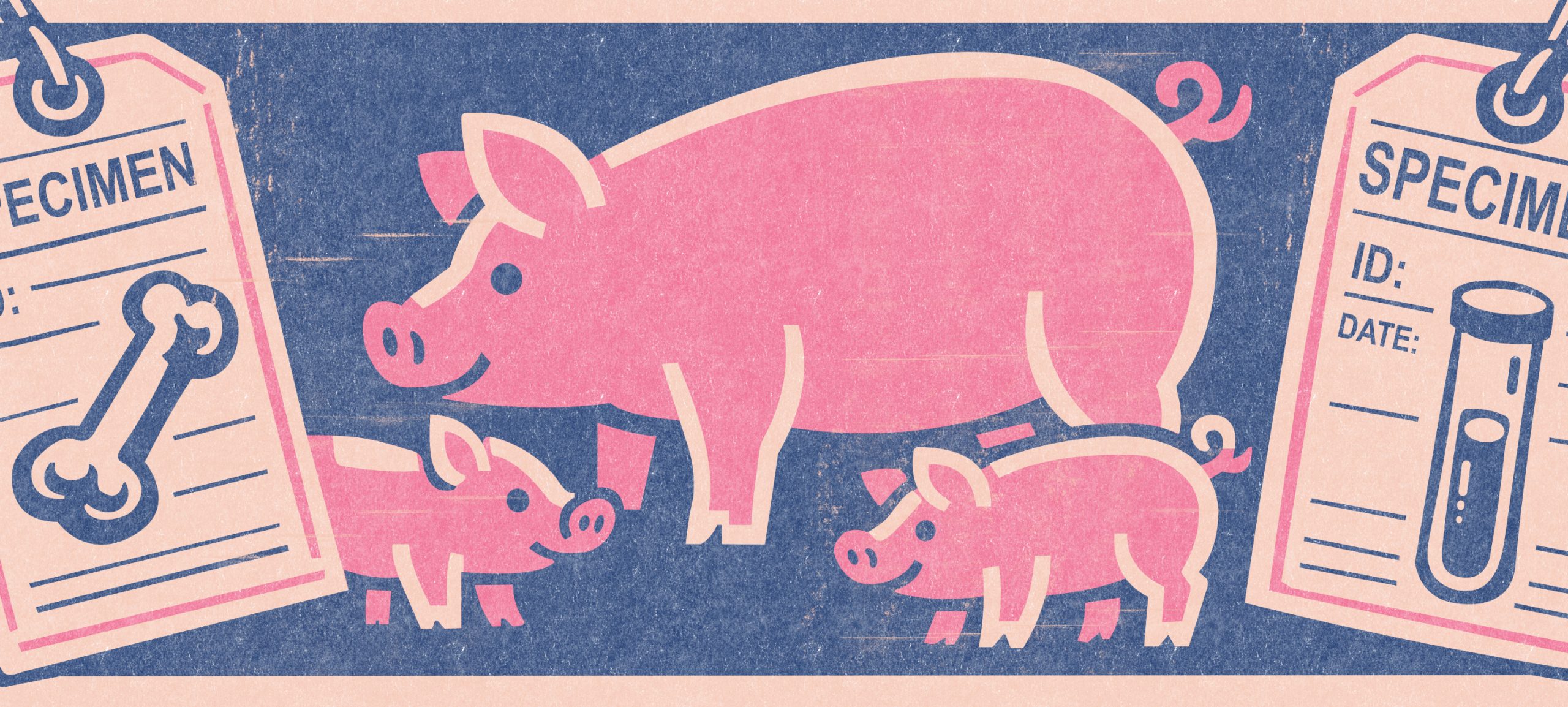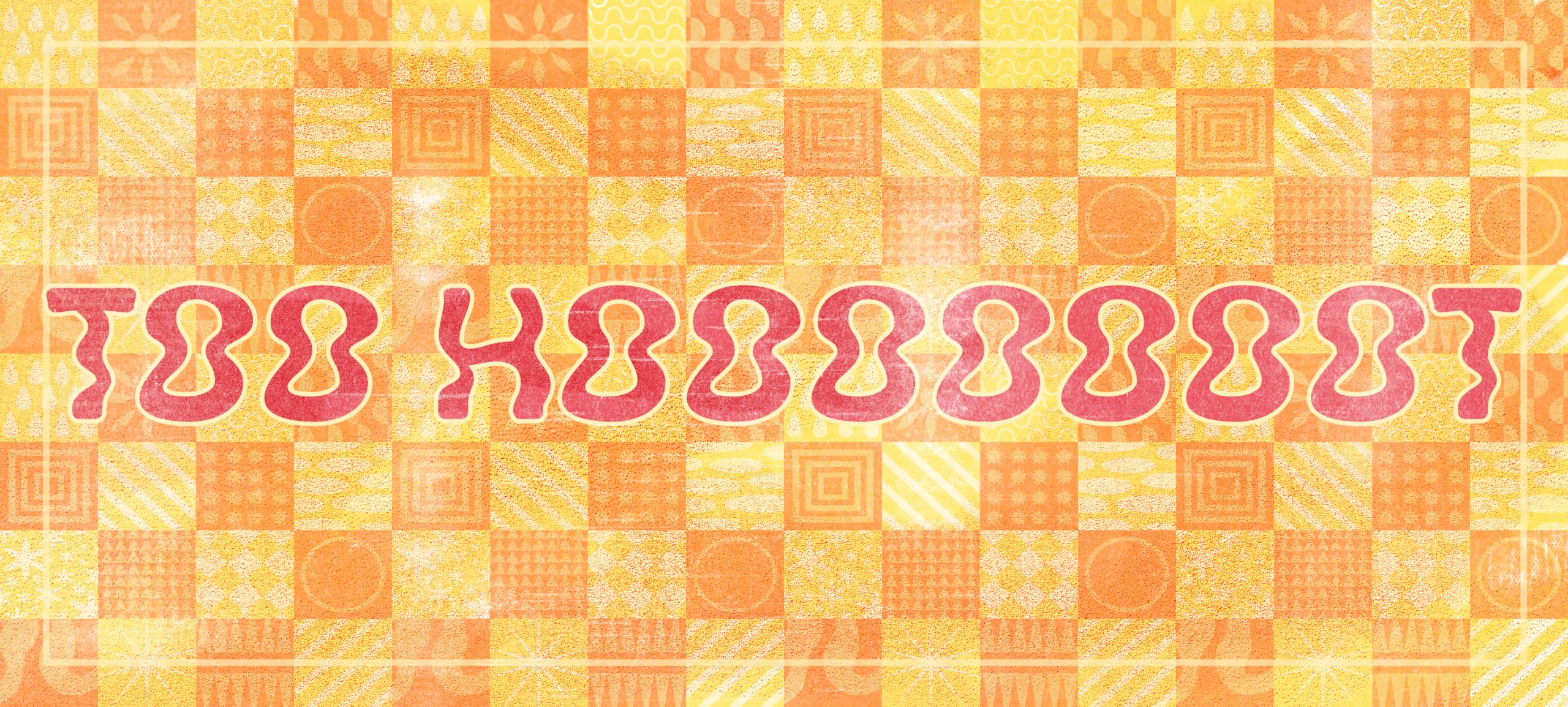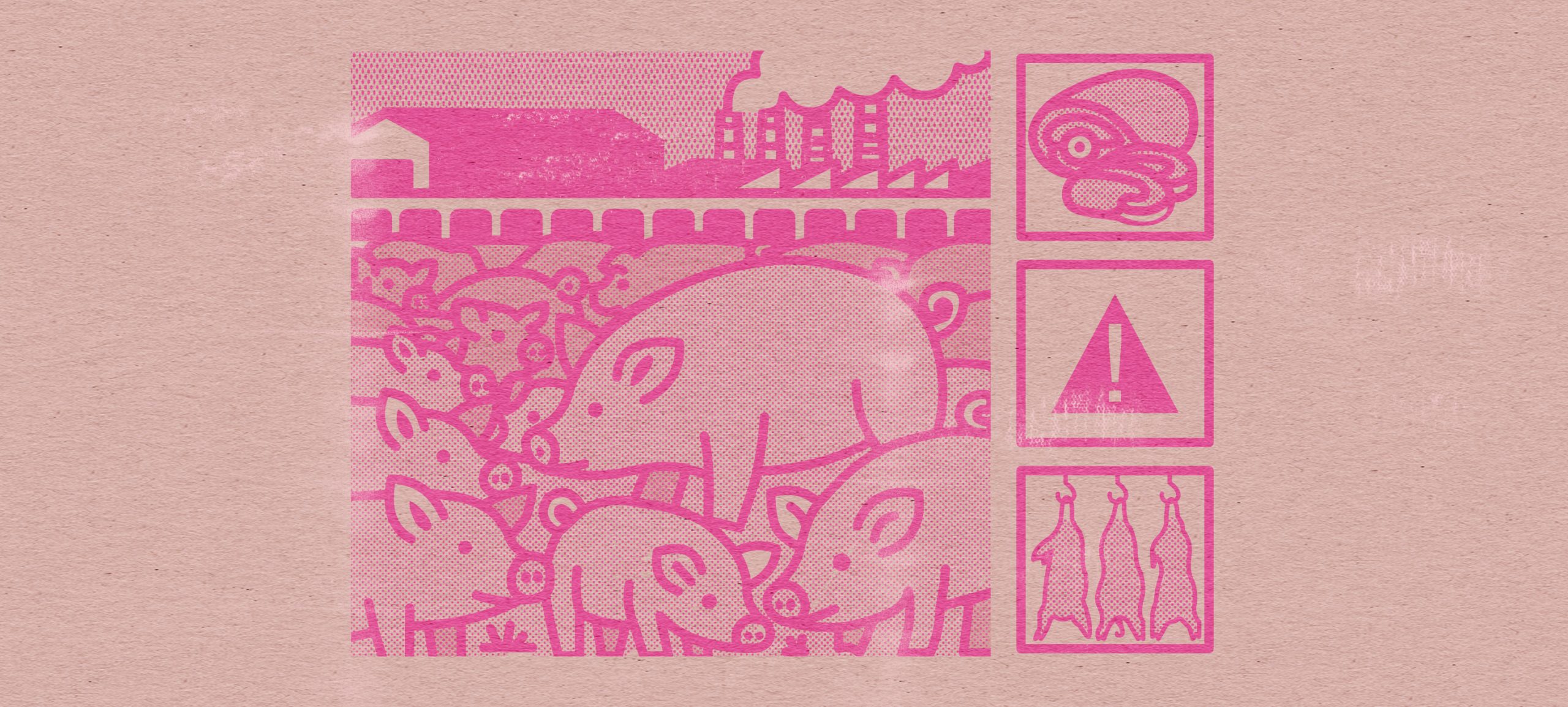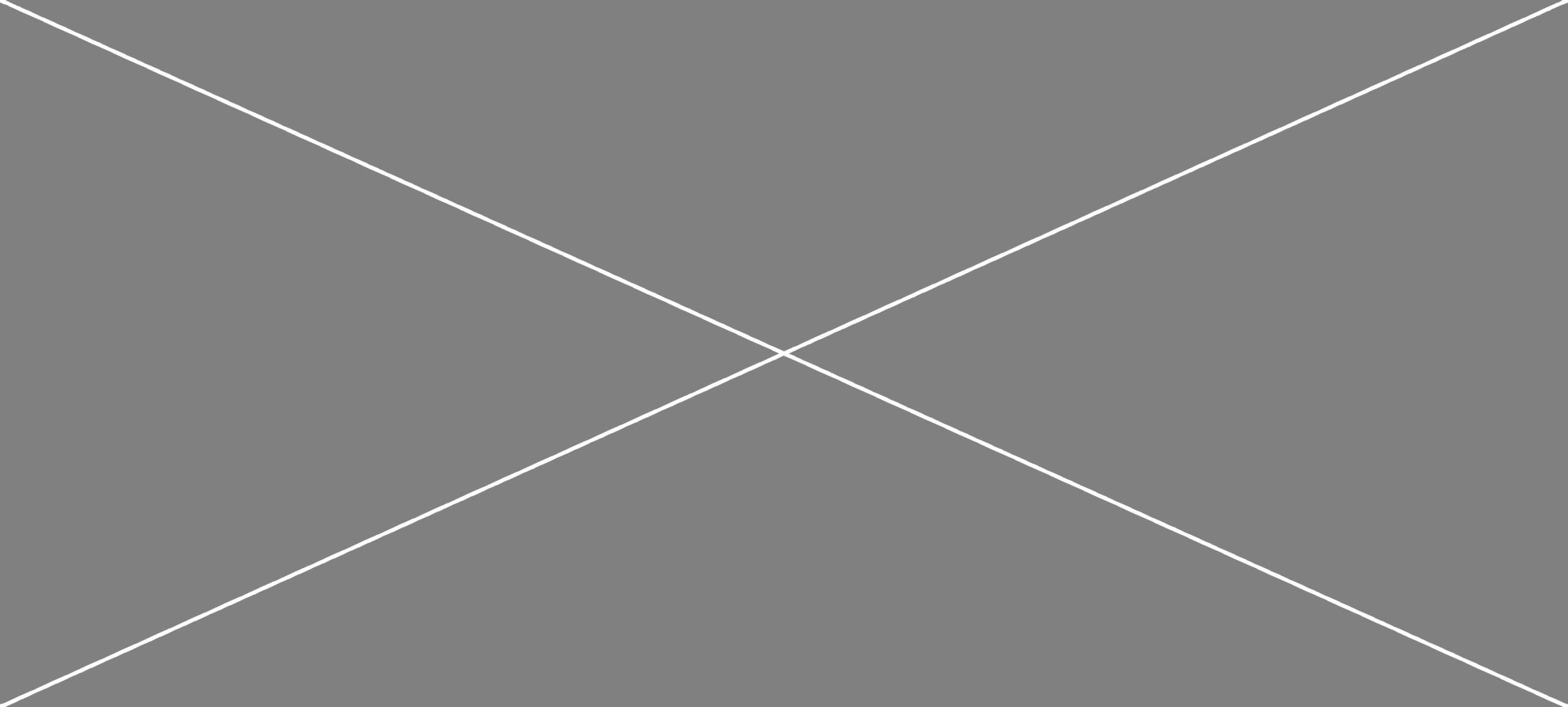Tag: More-than-human Research
-

Specimenography Studies: Pig Afterlives and the Politics of What Persists
-

Bochorno Studies: Sun, Shade, and the Everyday Politics of Heat
-

Forthcoming chapter: Rat Infrastructures & Environmental Care
-

Forthcoming chapter: Toxic Afterlives
-

From the Infra-Ordinary to the Pocket Archive
-

Multispecies Mapping: Exploring Practices of Fragmentation, Scale, and Care
-

Fragmented Floras
-

The Market After the Market
-

The Politics of Invasiveness
-

Towards Pluriversal Urbanisms
